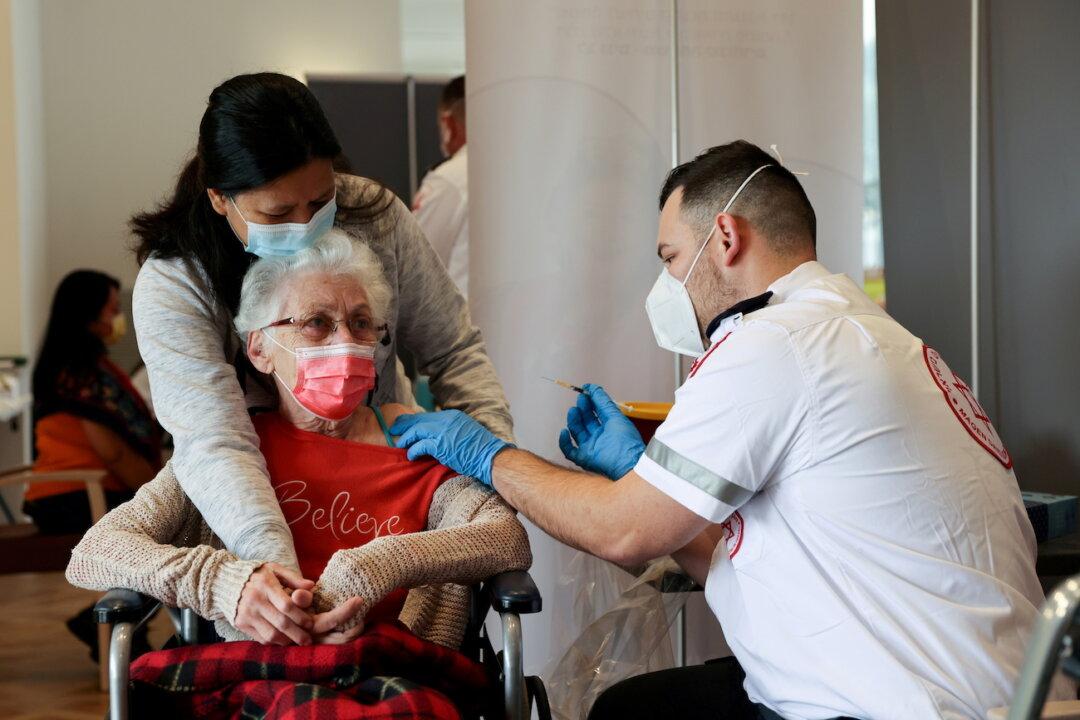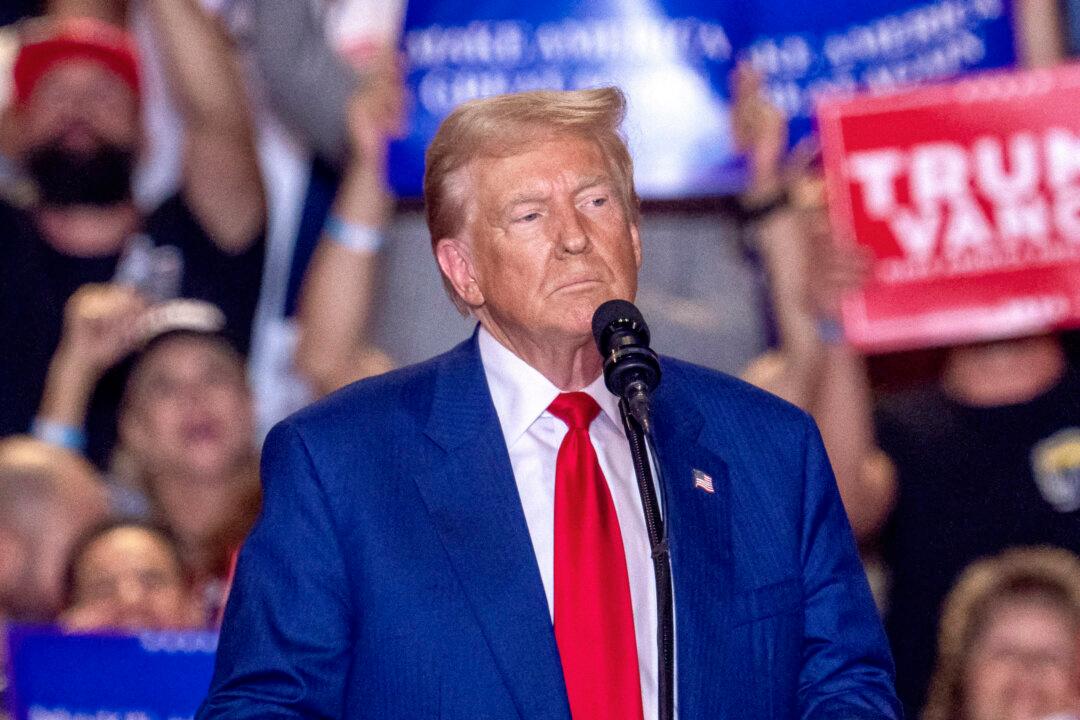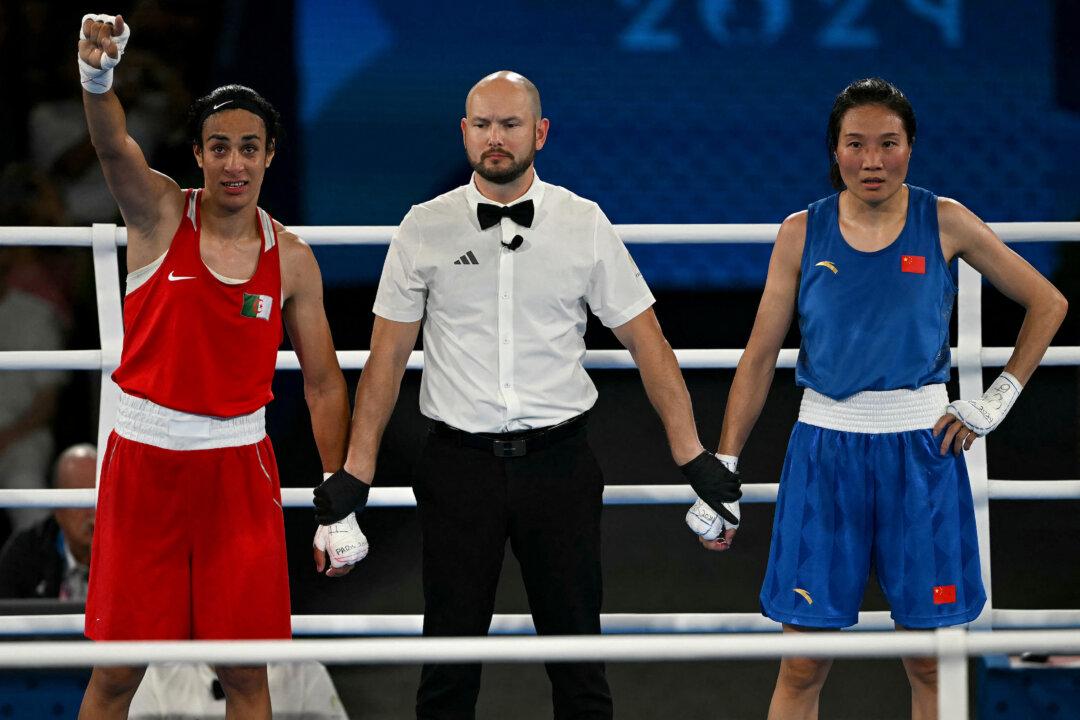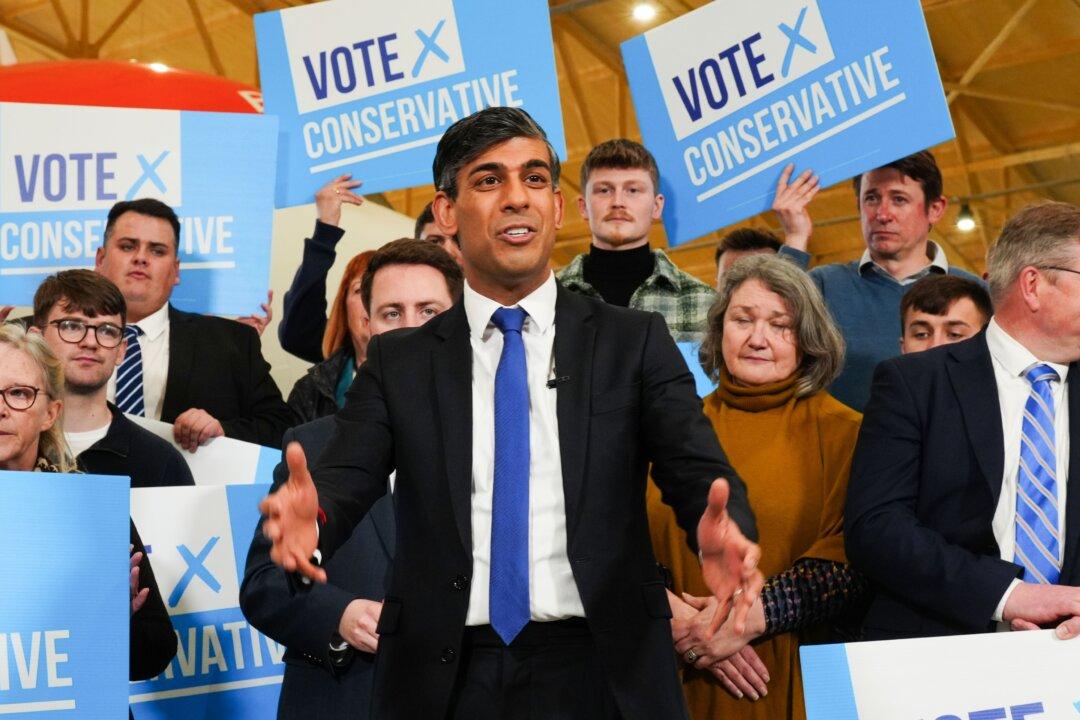Israel’s Health Ministry has halted the national rollout of a fourth vaccine dose for those over 60 or at risk of severe disease that was set to begin on Sunday, opting instead for a hospital trial to address the debate over whether there is sufficient scientific information available to justify another booster drive.
A major Israeli hospital will begin administering a fourth COVID-19 vaccine shot to 6,000 individuals, including 150 hospital staff, on Monday in a trial aimed at gauging whether a second booster is necessary nationwide, the facility said on Sunday.




